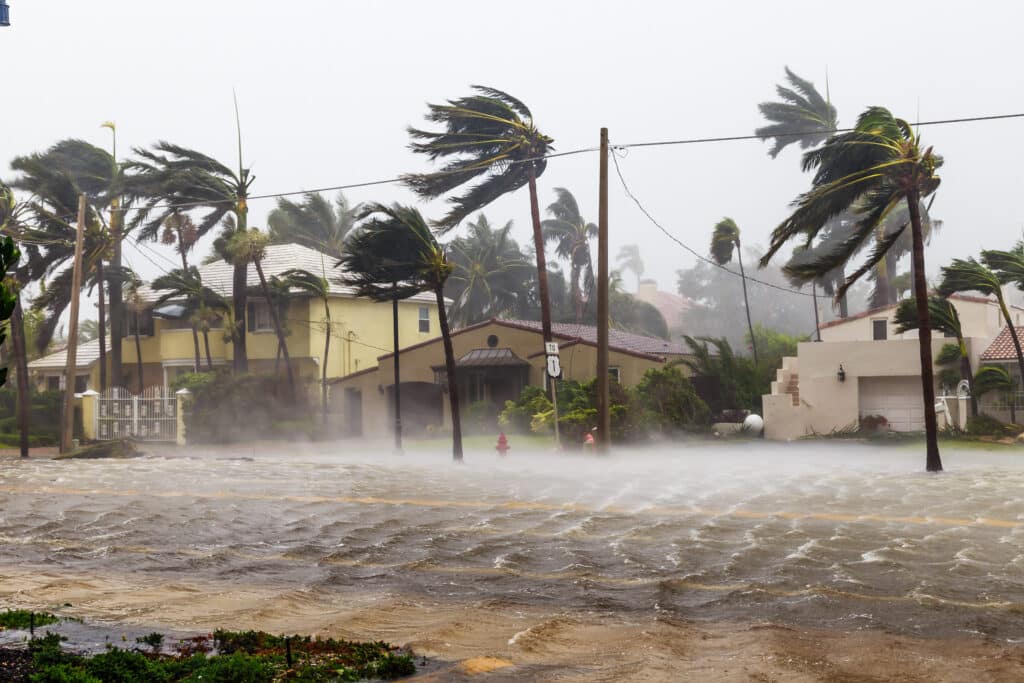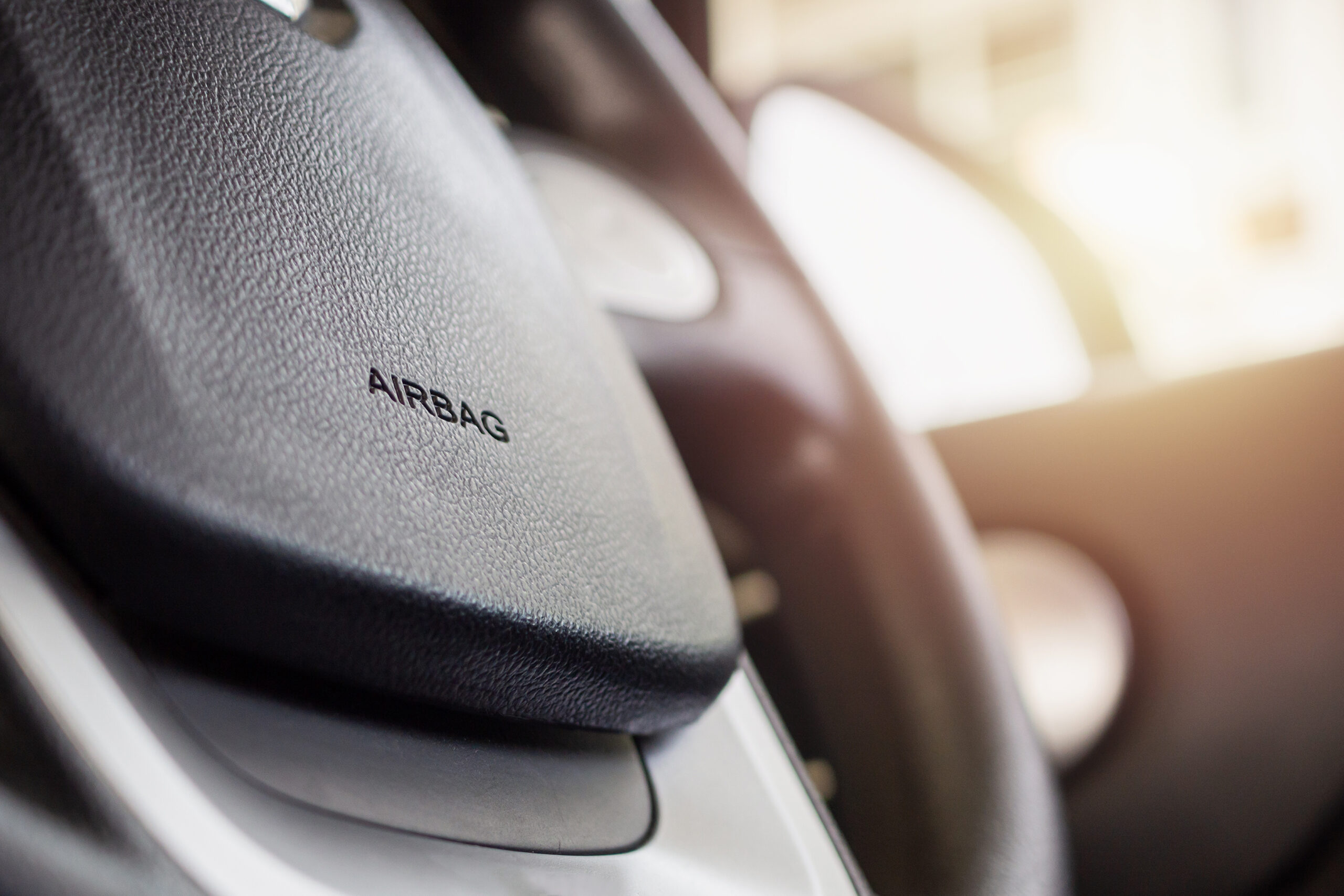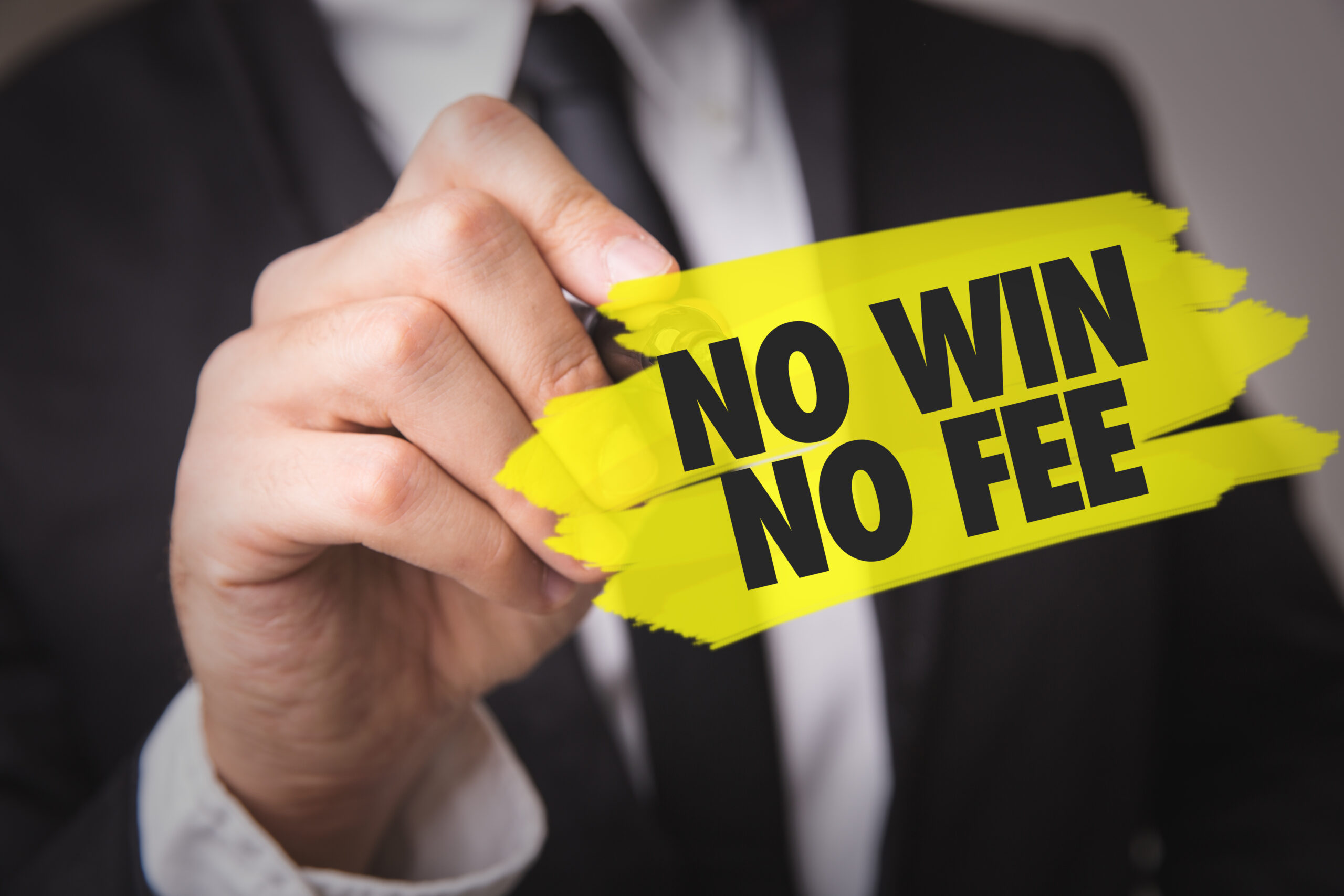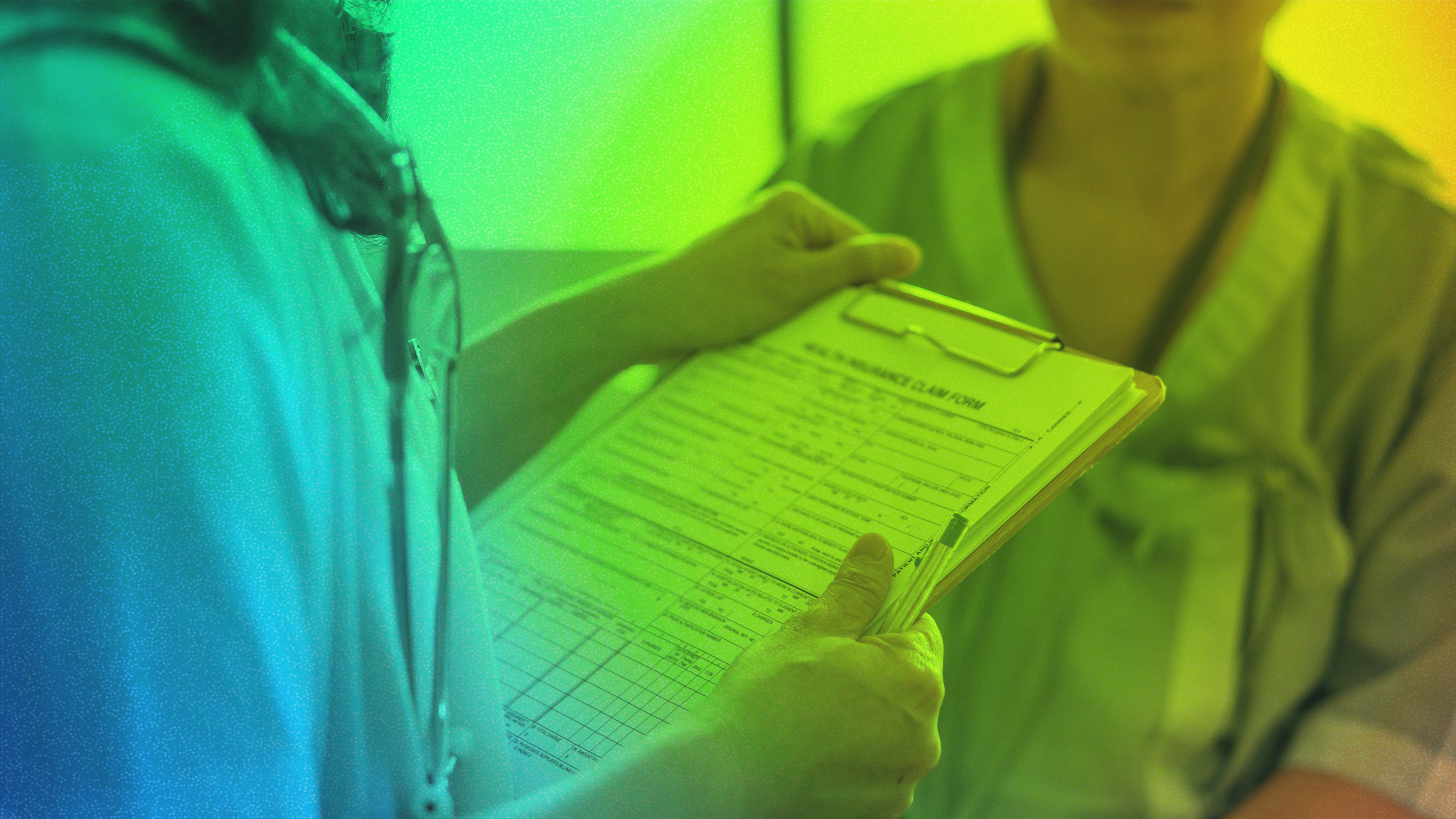After a hurricane, it’s common for Florida residents to have difficulty with insurance companies. Insurance companies are processing thousands of claims at once and, as is unfortunately too often the case, may try to lowball estimates to get out of paying what they should. On top of that, hurricane claims can be confusing, and insurance companies may claim that damage isn’t covered.
Andreas Study, a Farah & Farah lawyer focusing on insurance claims cases, shared his knowledge about the hurricane insurance claims process and what pitfalls homeowners may run into.
How Can I Avoid Problems With My Insurance After a Hurricane?
Insurance problems after a hurricane may be unavoidable, but there are some things you can do to mitigate these. “NOAA has a “Prepare Before Hurricane Season” guide with five main points:
- Develop an evacuation plan
- Assemble disaster supplies
- Get an insurance checkup & document your possessions
- Create a communication plan
- Strengthen your home
Following these steps can help prevent some damage and ensure you’re prepared for a power outage or loss of communication.
What Is the Difference Between Hurricane Insurance and Flood Insurance?
It’s important to know that there is a difference between hurricane insurance, which typically covers wind damage, and flood insurance, which covers damage coming from storm surges. Generally, any damage that starts at the bottom of the home and moves up would be covered by flood insurance, but anything coming from the top down would be hurricane or wind insurance. Whether you’re renting or you own your own home, it’s vital to double-check your insurance policy and ensure that you’re covered for both kinds of damage.
“There’s a lot of finger-pointing that happens when a hurricane comes in,” explains Andreas. “Hurricane or wind insurance is usually through a private insurance company, but flood insurance can be either private or public through the National Flood Insurance Program (NFIP). This means that insurance companies will often try to pin paying for the damages on the flood insurance carrier and vice versa. In the end, no one wants to have to cover the damage.”
What Should My Insurance Plan Cover?
When you double-check your insurance policy, you should check not only that you have the right kind of coverage, but also that you have enough coverage. “Make sure that you have proper coverage policy limits,” advises Andreas. “Many people are under-covered for certain parts of their homes.”
“For example, “other structures” can cover screen enclosures and structures not attached to the main residence. These can have small policy limits, which can cost you thousands of dollars when the coverage for the gazebo, dock, or screen enclosure doesn’t cover how much it costs to repair damage. Fencing can also be very expensive. If the other structure’s policy is for only a few thousand dollars, then the insurance company won’t be responsible for anything above that.”
How Much Insurance Do I Need?
“Your policy limit should be what it would cost to rebuild your home in the event of a total loss,” says Andreas. “If your home value has increased, then you’ll need more insurance, too. It’s the same thing for personal property insurance. Regularly review your policy. If your home value or personal property values have changed, speak with your insurance broker to make sure that your insurance policy adequately covers you.”
What Insurance Policies Should I Avoid?
Certain types of insurance policies contain clauses that you should avoid. “You don’t want to buy an insurance policy with right-to-repair,” Andreas says. “These types of policies let the insurance company choose who comes into your home to make repairs. You can’t deny the repair, or the insurance company could use that as leverage against you to offer less money. You should also avoid policies with roof surfacing payment schedules because they will typically not reimburse you for the full replacement cost of your roof.”
How Can a Lawyer Help Me With My Insurance Claim?
“Sadly, it’s pretty common for an insurance company to underpay or refuse to pay. The reality is that insurance companies hire professionals to protect their interests, so you’re at a disadvantage if you don’t hire a professional to protect your interests and make sure that your policy is fully enforced,” says Andreas.
How Do I Know I Need a Lawyer?
“Ideally, Farah & Farah is the first call you make after the hurricane,” Andreas explains. “Most people don’t go into the claims process with their insurance company thinking that they’ll need a lawyer; however, the biggest sign you need a lawyer is when your company keeps switching adjusters on you. In the legal business, we call this the “adjuster shuffle,” which usually means the insurance company is trying to buy themselves some time.”
How Does Farah & Farah Use Teamwork in Hurricane Insurance Cases?
“Farah & Farah may be a large firm, but we act like a small one. Our firm culture is very client-focused, and we collaborate with lawyers across the firm to provide our clients with the best possible representation.”
What Is Farah & Farah’s Process for a Hurricane Insurance Case?
“Our process is for you to call us and tell your story to one of our attorneys. Then, we value your claim, determining how much it would cost to put your property back together and make you whole. We then inform the insurance company of that cost to combat the insurance company’s valuation. We’ll put you in contact with estimators and professional engineers to see if there’s any structural damage.”
“We give the insurance company the opportunity to do the right thing, and if they don’t, we’re legally required to give them notice that we’re about to sue, which is their second opportunity to do the right thing. Depending on how they respond, we will decide with you whether to move forward with the lawsuit or not.”
What Should I Look for in an Insurance Company?
“When you’re shopping for insurance policies, be wary of surplus lines insurers. The state does not regulate them as much, and they could put things in your policy that are unfavorable to you.”
“You can find out if an insurance company is a surplus lines insurer by going to the Office of Insurance Regulation website and searching for the insurance company there. The site will state whether the insurance company is a surplus lines insurer. Your insurance broker should be trustworthy enough to tell you that same information.”
“Make sure you do your due diligence and shop around for policies and rates. Rates are being raised statewide, but you’d be surprised at what you can find.”
Reach out to Farah & Farah for assistance if you’re struggling to get the money you need from your insurance company to repair your home or replace your belongings. We’ll look out for your interests and help make you whole again after a hurricane.













